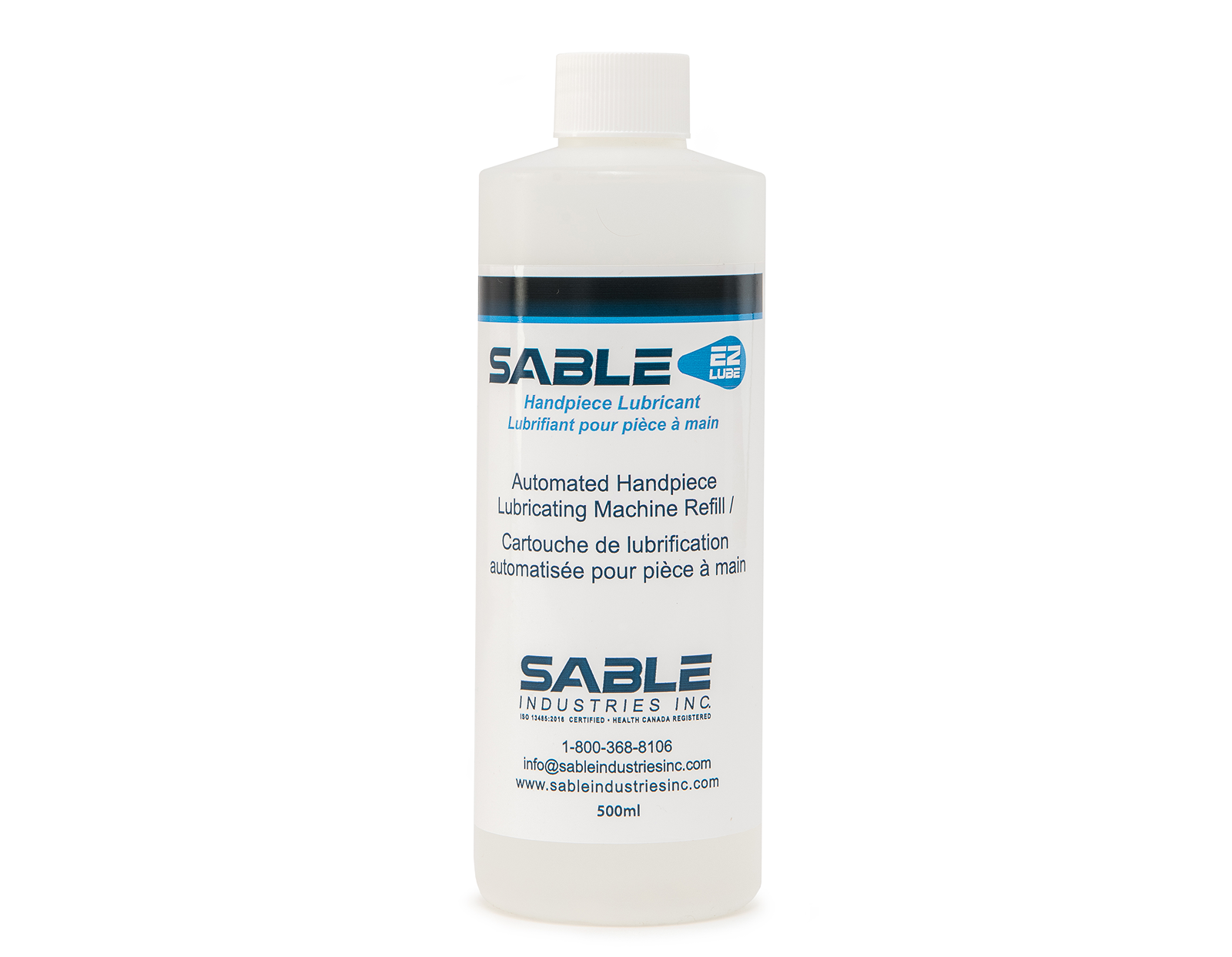Since the spread of the coronavirus, researchers have focused their efforts on the development of a vaccine to protect people from contracting the virus. But scientists estimate that an effective and publicly available vaccine could take up to 18 months to create.
In the meantime, scientists are looking for ways to reduce the rate of infection to keep from overwhelming hospitals worldwide.
According to a team of researchers at the Cardiff University School of Medicine, readily available dental mouthwashes can eliminate coronaviruses’ lipid envelope by tackling virus replication in the mouth.
But can gargling mouthwash really help fight the spread of this virus?
Let’s take a closer look at this new research.
Research on Mouthwash and Coronavirus
Published in the journal Function, a team of international researchers implemented a scientific review of over 100 articles to learn whether mouthwash can reduce transmission of this coronavirus in the early stages of infection.
SARS-CoV-2, the strain that causes COVID-19, is a virus with a fatty (lipid) membrane. The team states that previous studies prove that ingredients often found in mouthwashes can disturb the infection’s lipid membrane. This then reduces its spread.
Coronavirus-tackling mouthwash ingredients are said to include ethanol, chlorhexidine, cetyl pyridinium chloride, and hydrogen peroxide.
The researchers also evaluated existing formulations of mouthwash on their potential to disturb the SARS-CoV-2 lipid envelope based on the concentration of the potent ingredients used. It was concluded that several of them warrant clinical assessment.
It was noted that the lipid envelope doesn’t vary when viruses mutate; if the method is effective, then it should still work against any new coronavirus strains that develop.
Gargling mouthwash containing the above ingredients may inactivate the virus in the throat, which in turn could help prevent coughing and sneezing, according to the study, although we still lack concrete evidence of this effect.
Scientists are calling for more research on whether mouthwashes could protect people against the spread of coronavirus. The quicker such evidence is evaluated and published, the faster the public can help protect themselves from coronavirus using new methods.
Further Research Is Necessary
In test-tube experiments and various clinical studies, some mouthwash formulas contain enough known virucidal ingredients to combat lipids in similar enveloped viruses. However, gargling mouthwash hasn’t yet been recommended by major public health bodies as a way to prevent coronavirus.
In the study, the team concluded there was an urgent need to test the success of ingredients found in mouthwashes in clinical trials. It isn’t clear whether oral rinses could have any effect in battling coronavirus, as safety and exposure are also things that must be considered.
The scientists noted that the pathogen is, “highly sensitive to agents that disrupt lipid bio-membranes.” If successful, this could prove that the agents found in distributed mouthwashes could be used for other strains of coronaviruses. These are strains that could lead to any illness from the common cold to SARS.
Mouthwash brands such as Listerine have been advising consumers not to use mouthwash as a method of fighting COVID-19.
“LISTERINE® mouthwash has not been tested against the coronavirus and is not intended to prevent or treat COVID-19. Consumers should follow the preventive measures issued by the World Health Organization, including washing hands frequently, maintaining social distance and avoid touching your eyes, nose and mouth,” the website notes.
Protecting Yourself From COVID-19
The researchers behind the study make it clear that their work is speculative. More studies must be conducted to learn whether mouthwashes are appropriate for defence mechanisms against the spread of coronavirus.
Nevertheless, the work demonstrates that this is an important area to study. This research is urgent by the current global public health crisis, and learning new ways to protect against strains of coronavirus is critical.
As we wait for potential new studies, it’s crucial to continue to follow mandated protective methods to protect yourself and others from contracting coronavirus.
Consumers should follow the preventative methods of safety, as announced by the World Health Organization. These methods include washing hands often, maintaining social distance from others, and avoiding touching your eyes, nose, and mouth.


